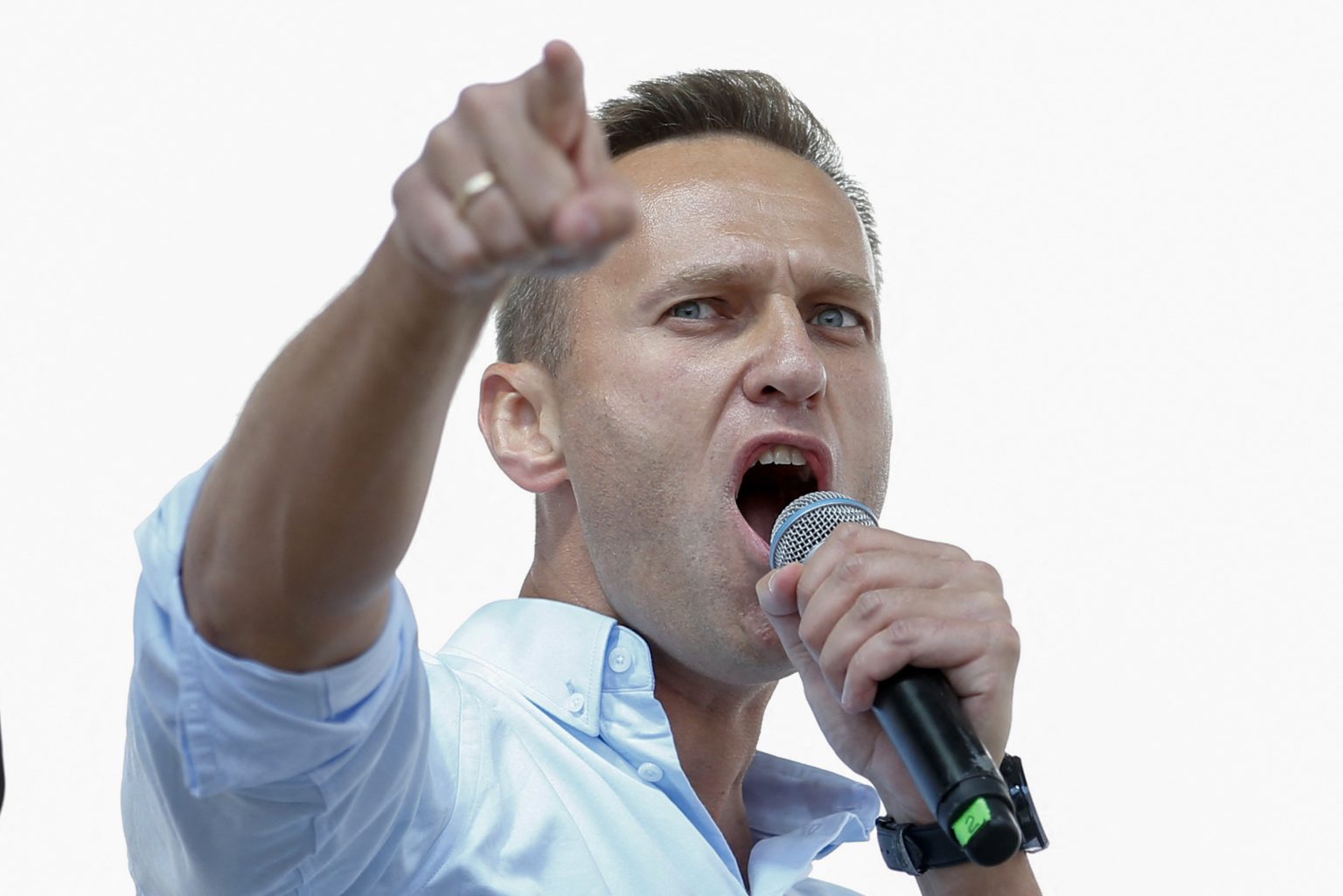A Russian lawyer named Anatoly Blinov has been arrested in Poland after being accused of organizing attacks on several allies of the late Russian opposition leader Alexei Navalny. According to the Anti-Corruption Foundation (FBK), these attacks were planned by Blinov with the assistance of Leonid Nevzlin, the former co-head of Russian oil company YUKOS. The targeted individuals included Leonid Volkov, Ivan Zhdanov, and the wife of economist Maxim Mironov, who were assaulted in various locations around the world, including Argentina and Geneva. The reason for Blinov’s arrest in Poland has not yet been disclosed by authorities.
In response to the accusations, Leonid Nevzlin has denied any involvement in the attacks, stating that he has no connection to such activities. He called for an independent investigation to examine the so-called evidence against him and expressed confidence that justice would reveal the baselessness of the accusations. The investigation into Blinov’s alleged role in organizing the attacks is ongoing, and further details are expected to emerge as the case progresses. Blinov’s arrest comes in the wake of growing scrutiny and suspicion surrounding the treatment and persecution of opposition figures in Russia.
Alexei Navalny was a prominent figure in the Russian opposition movement and a vocal critic of President Vladimir Putin’s government. He gained international attention after surviving an alleged poisoning attempt in 2020, which he attributed to the Russian authorities. Navalny’s political activism led to his imprisonment on charges of fraud and contempt of court, widely believed to be politically motivated. Despite facing imprisonment, Navalny remained steadfast in his opposition to Putin’s regime and continued to advocate for democratic reforms in Russia.
Navalny’s death in prison at the age of 47 in February 2021 sparked outrage and skepticism around the world, with many questioning the circumstances of his demise. His passing raised concerns about the treatment of political dissenters and the lack of freedom of expression in Russia. The arrest of Blinov in Poland for his alleged role in targeting Navalny’s allies further highlights the challenges faced by opposition figures in Russia and the risks associated with speaking out against the government.
The events surrounding the attacks on Navalny’s allies and the subsequent arrest of Blinov underscore the ongoing tensions and conflicts within Russian society. The crackdown on dissent and the harassment of opposition figures continue to be major issues in the country, raising concerns about the state of democracy and human rights in Russia. As the investigation into Blinov’s actions unfolds and more details come to light, the international community will be closely watching to see how the case is handled and what implications it may have for the future of political activism in Russia.








